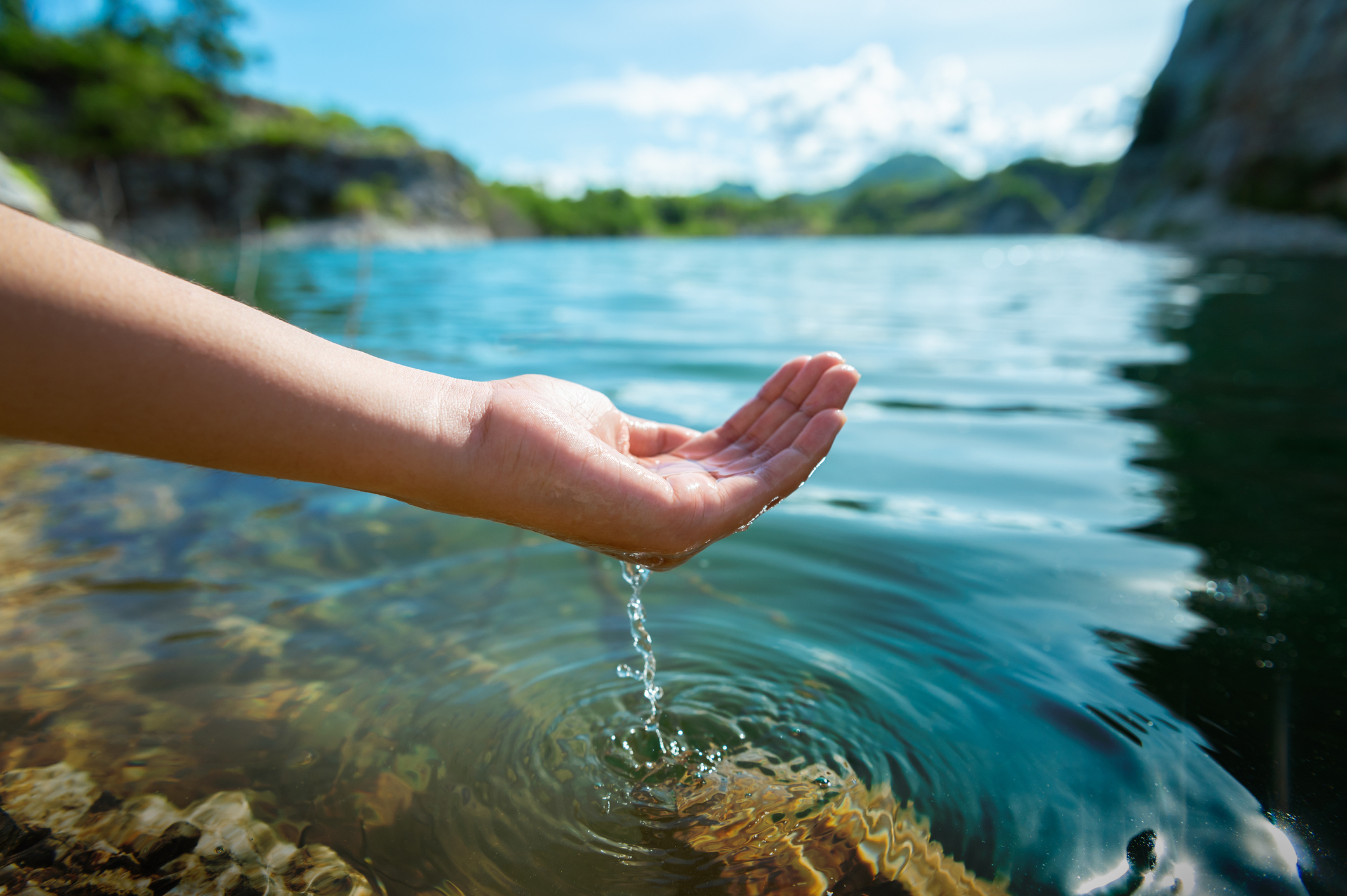Texas A&M AgriLife experts celebrate water conservation, safety and efficiency practices that ensure food security
There is no mistaking the critical role water plays throughout the world — it is essential to life on Earth.
Texas A&M AgriLife is celebrating the Food and Agriculture Organization of the United Nations’ World Food Day, celebrated on Oct. 16, by recognizing the strides made within its agencies to develop sustainable farming methods that optimize water usage while ensuring food security.
Now more than ever, people rely on innovative pursuits to protect water usage while also managing to feed a growing population. This is a worldwide issue challenging everyone to do more with less, making wise water use a global priority.
By developing drought-resistant crop varieties, promoting efficient irrigation techniques, and studying water-saving technologies, experts with the Texas A&M College of Agriculture and Life Sciences, Texas A&M AgriLife Research and Texas A&M AgriLife Extension Service contribute directly to the goal of ensuring that water is used wisely in food production.
Research and innovation in water conservation
Through innovation and research, Texas A&M AgriLife contributes to the global conversation on water and food security and helps implement strategies that leave no one behind in the quest for a more water-efficient and food-secure world.
Here are a few ways Texas A&M AgriLife is doing just that.
A novel approach for removing microplastics from water
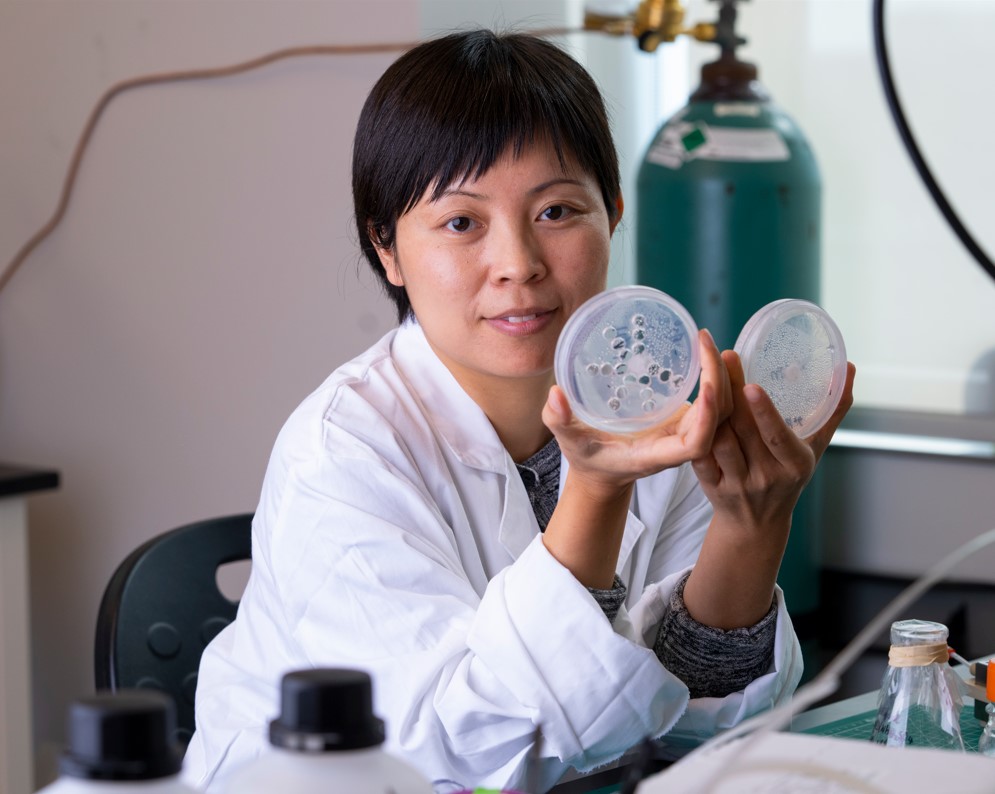
To protect our water, experts in the Department of Plant Pathology and Microbiology have explored a novel biological approach for removing microplastics from water, addressing a growing concern due to their potential harm to the environment.
Microplastics, tiny particles resulting from plastic product development and the breakdown of larger plastics, pose risks due to their ability to infiltrate plant cell walls and transport over long distances. Sewage and wastewater treatment plants are unable to filter out submicrometer microplastics effectively, presenting a waste management challenge.
The research offers promising insights into addressing the issue of microplastic pollution in water bodies, potentially aiding in upgrading wastewater treatment plants and reducing plastic pollution in natural water systems.
Cutting-edge water conservation: Houston and Corpus Christi adopt WaterMyYard app
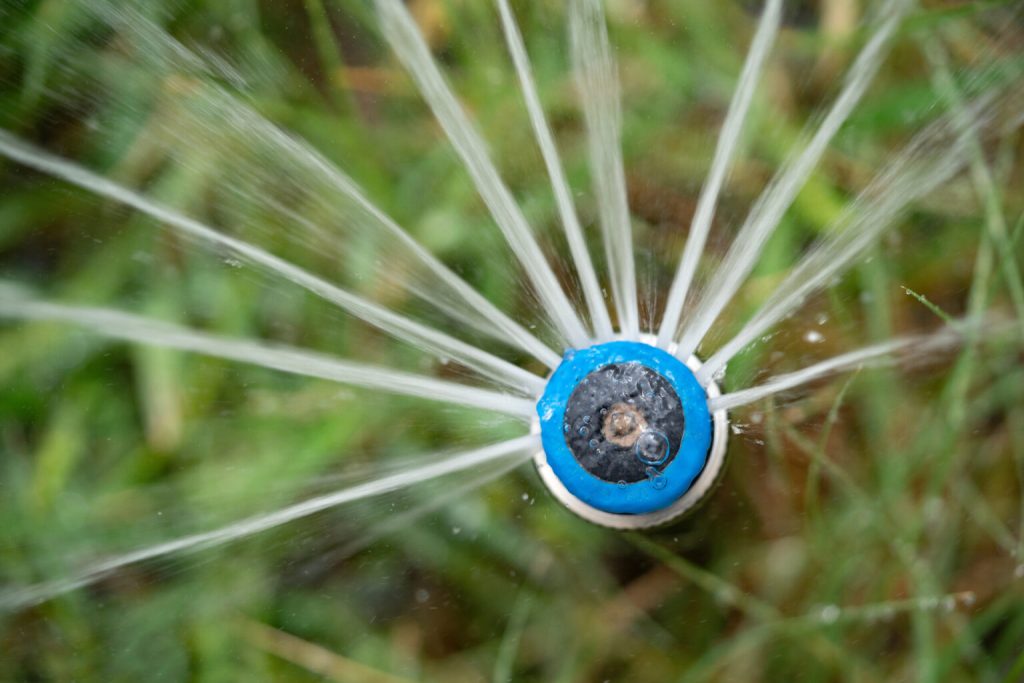
The free WaterMyYard app provides precise guidance on when and how much to water lawns based on localized weather conditions. The app, originally designed for North Texas homeowners in 2013, has since expanded to serve other regions in the state.
Actions taken due to the app are estimated to save 2.7 billion gallons of water annually, resulting in substantial cost savings for users. Both Houston Public Works and Corpus Christi Water have joined the program, extending its availability to nearly 1 million water users.
WaterMyYard relies on a network of specially equipped urban weather stations to calculate local evapotranspiration rates, providing precise recommendations for irrigation. The app considers local watering restrictions, making it particularly useful in areas under such limitations. By offering this innovative tool, AgriLife Extension contributes to water conservation efforts and promotes sustainable landscaping practices.
Developing biobased cropping systems with both water, carbon resiliency
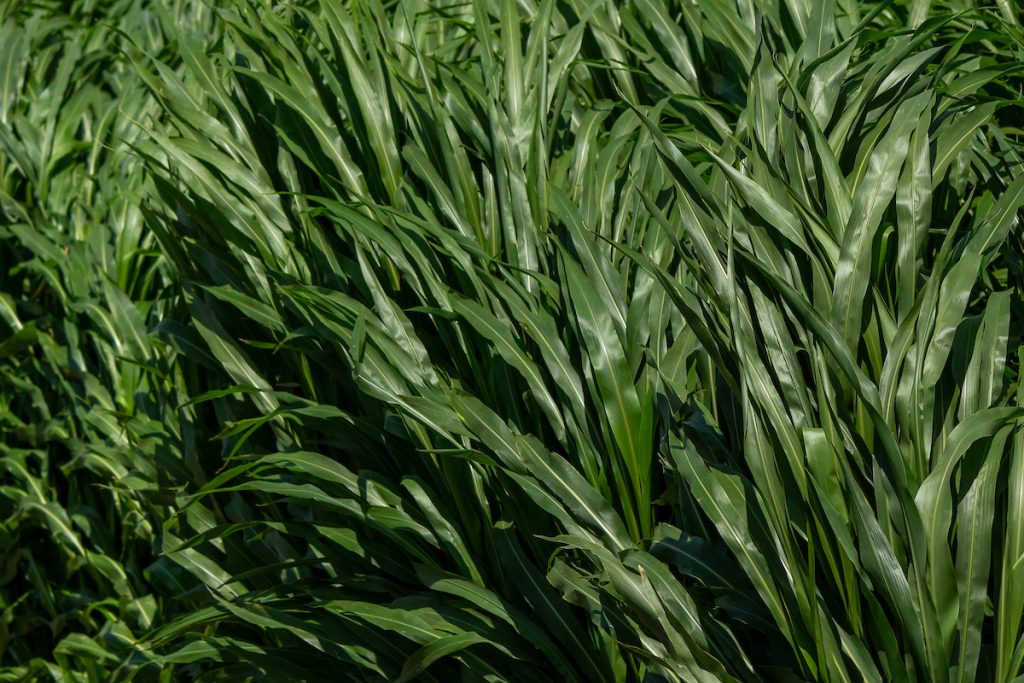
A Texas A&M AgriLife-led team is spearheading research to develop biobased feedstock cropping systems that prioritize both water and carbon resiliency, offering a sustainable solution for a bioeconomy. The project aims to identify the most efficient crops and cropping systems for renewable energy and biobased products while enhancing carbon capture and soil retention.
By screening energy cane, switchgrass and perennial sorghum genotypes for water and nutrient-use efficiency and integrating them with legume crops, the team aims to create climate-smart cropping systems that require fewer inputs, such as fertilizers, and enhance water infiltration and storage in the soil.
This research not only contributes to a more sustainable bioeconomy but also trains the next generation of professionals in integrated cropping systems for a more water-efficient and carbon-resilient future.
Variable deficit irrigation in cotton can help improve yields, save water

Research by AgriLife Research scientists shows cotton producers struggling with available water after drought can maximize crop yields from limited water with some planning and implementation of variable deficit irrigation.
Results from a modeling study provide useful recommendations on appropriate irrigation management strategies for sustaining cotton production under different weather conditions, while also conserving valuable groundwater resources.
This research offers valuable recommendations to cotton producers, especially in water-scarce regions like the Texas High Plains, where conserving groundwater resources from the Ogallala Aquifer is vital. Implementing these strategies can help achieve higher cotton yields while using less irrigation water, contributing to more sustainable and efficient water management practices in agriculture.
Male-sterile sorghum may offer dairy cows needed energy with less water use
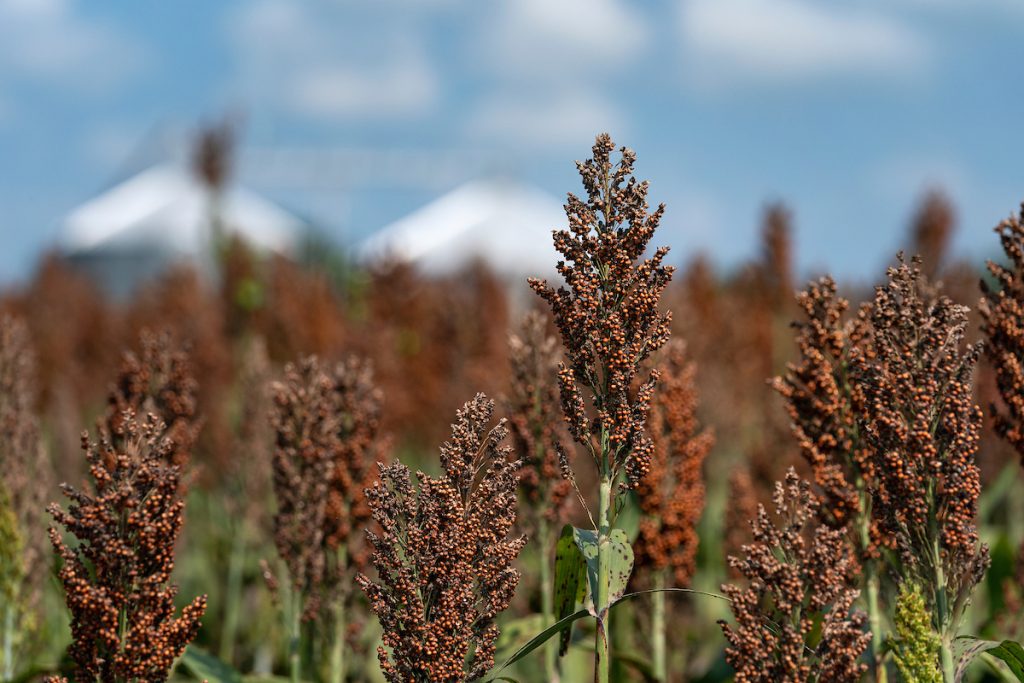
With the increasing demand for cattle feed in Texas, particularly over the water-scarce Ogallala Aquifer, researchers are exploring drought-tolerant forage options. Traditional corn silage, while energy-rich, demands more water than sorghum. However, recent research by Texas A&M AgriLife experts suggests that male-sterile sorghum hybrids could offer a solution.
These hybrids are a water-efficient forage with highly digestible fiber and good energy content. This research could potentially reduce the reliance on water-intensive corn silage for cattle feed, benefiting both dairy production and water conservation efforts in Texas.
Water Seed Grant awards $2.39 million in research funding
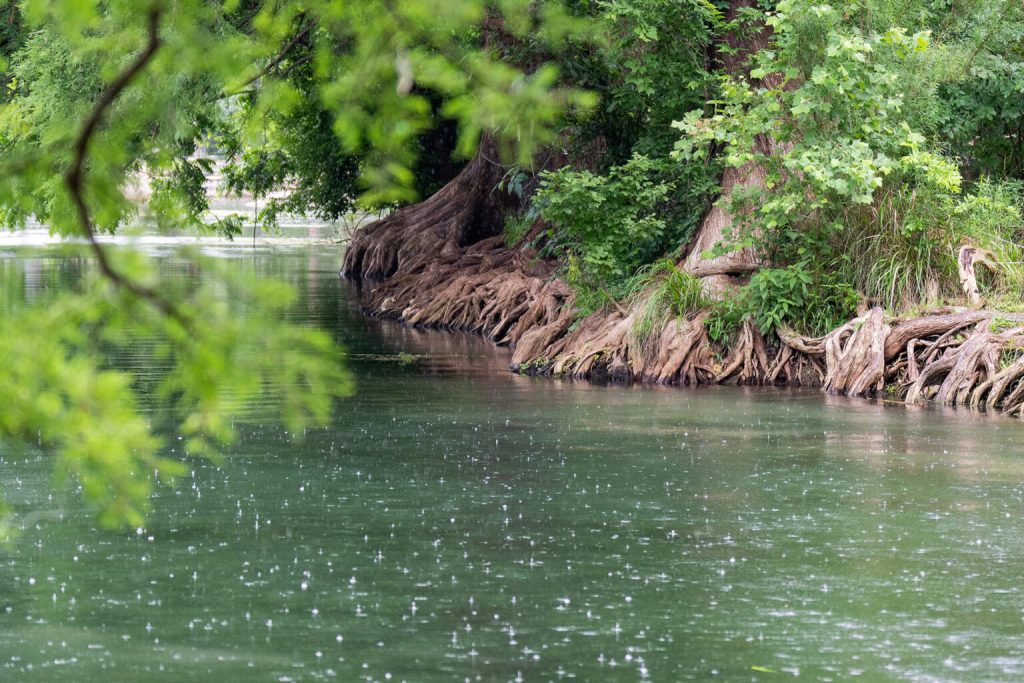
Ten multidisciplinary water research projects in Texas have been awarded a total of $2.39 million in Water Seed Grants, supported by state appropriations and administered by the Texas Water Resources Institute.
The teams behind these initiatives, comprised of experts from various Texas A&M University System agencies, are working to address critical water challenges by way of pioneering solutions that not only protect water but also make Texas more resilient in the face of water-related challenges. These grants represent a significant step toward securing the future of water in Texas.
